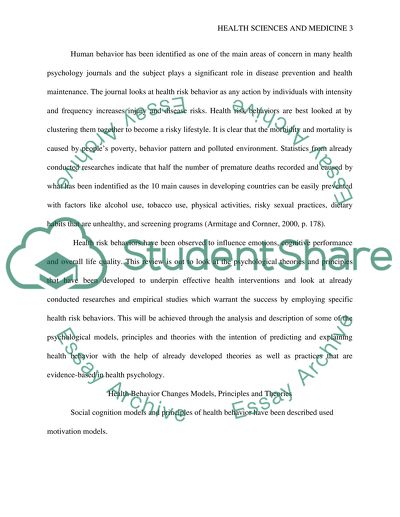Cite this document
(“Critique of a Health Psychology Journal Article”, n.d.)
Critique of a Health Psychology Journal Article. Retrieved from https://studentshare.org/health-sciences-medicine/1459667-critique-of-a-health-psychology-journal-article
Critique of a Health Psychology Journal Article. Retrieved from https://studentshare.org/health-sciences-medicine/1459667-critique-of-a-health-psychology-journal-article
(Critique of a Health Psychology Journal Article)
Critique of a Health Psychology Journal Article. https://studentshare.org/health-sciences-medicine/1459667-critique-of-a-health-psychology-journal-article.
Critique of a Health Psychology Journal Article. https://studentshare.org/health-sciences-medicine/1459667-critique-of-a-health-psychology-journal-article.
“Critique of a Health Psychology Journal Article”, n.d. https://studentshare.org/health-sciences-medicine/1459667-critique-of-a-health-psychology-journal-article.


